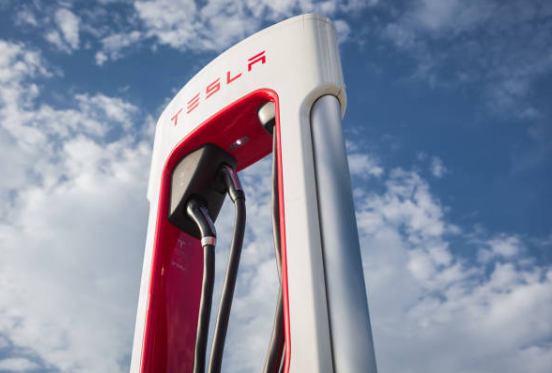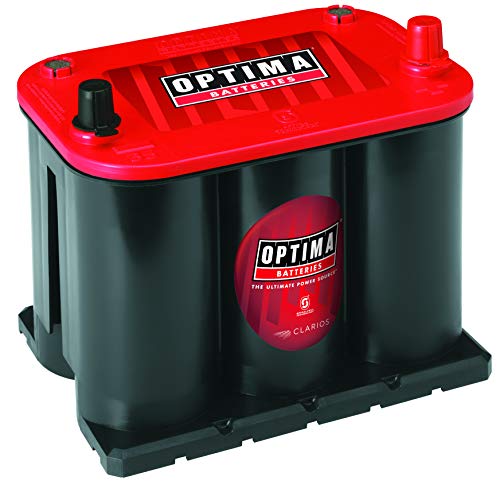What is Octane? - The Importance of This Fuel Component
Octane, a term often heard at the gas station but rarely understood, plays a crucial role in the performance of your vehicle. Let's dive into the world of octane and understand what it truly means and why it matters.

What is Octane?
In its most basic terms, octane serves as an indicator of a fuel's capacity to withstand 'knocking' or 'pinging' occurrences during the combustion process, which result from the premature detonation of the air-fuel mixture in an engine. The numerical octane rating visible at gas pumps quantifies the fuel blend's resistance to knocking.
Octane ratings derive from the Research Octane Number (RON), Motor Octane Number (MON), and the mean of both, expressed as (R+M/2). In the United States, the octane rating exhibited at fuel stations represents the average of RON and MON, commonly referred to as the Anti-Knock Index (AKI).
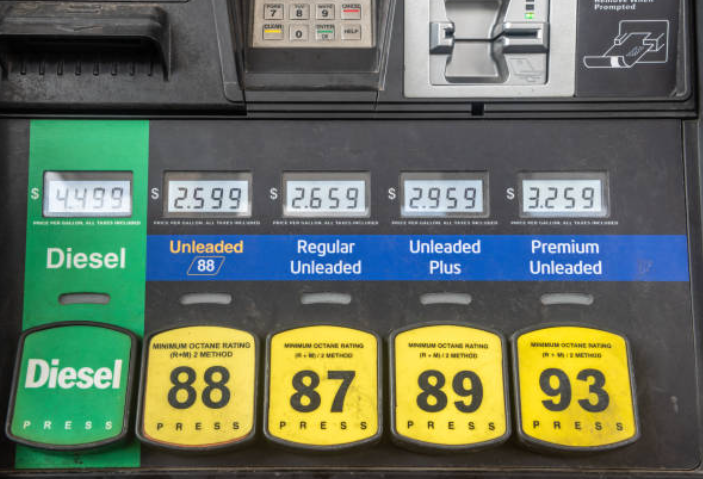
Engines with elevated performance levels, found in vehicles like sports cars, possess increased compression ratios that generate higher levels of heat and pressure. Consequently, these engines demand fuel with a higher octane rating to forestall knocking. In instances where the octane level is insufficient, the fuel may ignite prematurely, resulting in knocking noises, diminished performance, and the potential for engine damage.
It's not certain that using fuel with an octane rating greater than what your car is designed for will result in better performance. On the other hand, choosing a lower octane than recommended may result in engine harm.
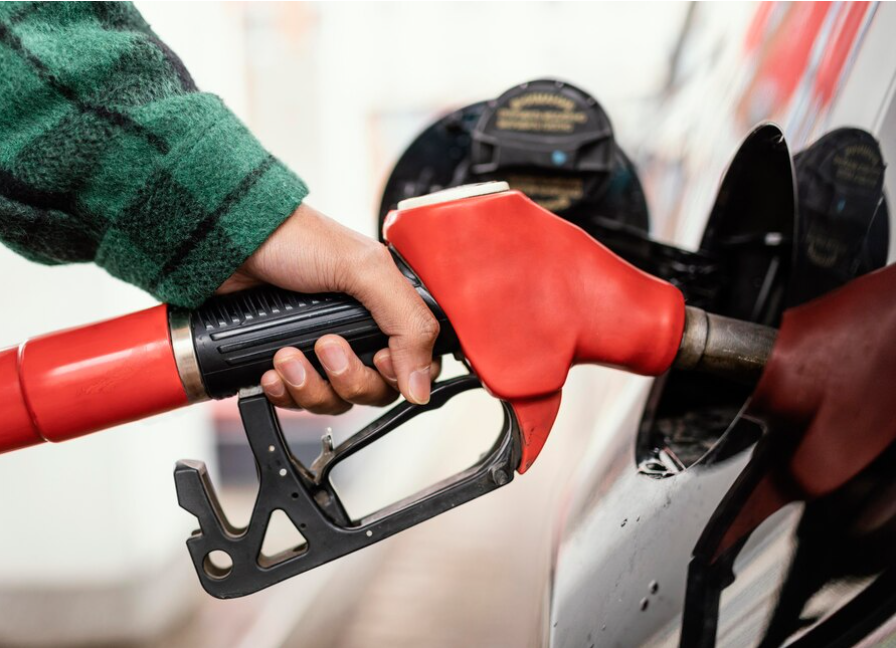
Generally, gas stations offer three types of octane ratings:
- Regular: Typically with an octane rating of 87, suitable for the majority of vehicles.
- Mid-grade: A blend of premium and regular gasoline, featuring an octane rating approximately around 89.
- Premium: With an octane rating ranging from 91 to 94, recommended for high-performance or luxury vehicles.
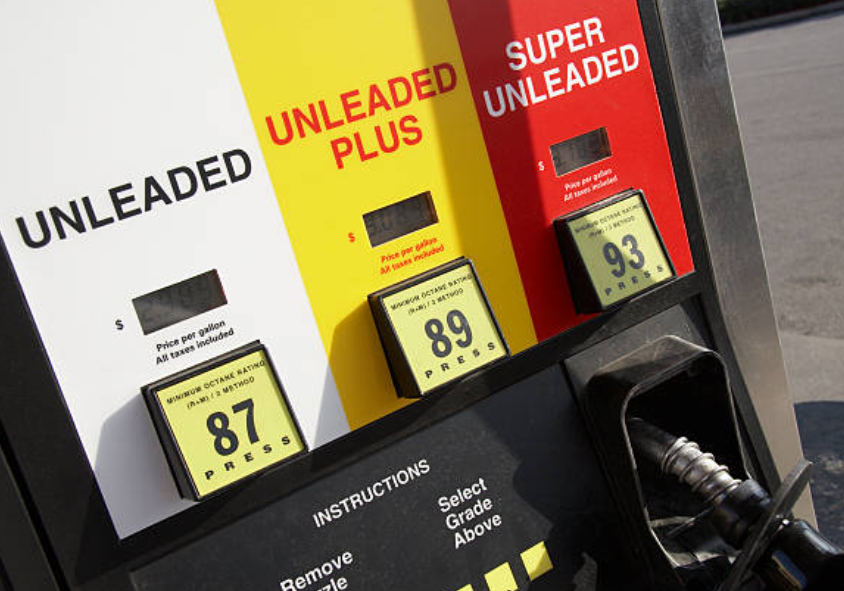
Although a widespread belief suggests that higher octane fuel equates to increased fuel efficiency, this isn't necessarily accurate. Unless a car is explicitly designed for it, using premium gasoline won't result in a cleaner operation or improved mileage. Higher octane fuels are primarily intended for vehicles equipped with high-compression engines.
-
Can octane levels affect emissions?
Higher octane fuels may lead to cleaner combustion in certain high-performance engines, potentially influencing emissions. However, the impact on emissions can vary based on the vehicle and its engine specifications.
-
Does higher octane fuel improve fuel efficiency?
While higher octane fuel can provide benefits for engines designed to handle it, using it in a vehicle that does not necessitate it may not lead to enhanced fuel efficiency.
View another review here: The 10 Best Car HUDs For Easy Navigation




